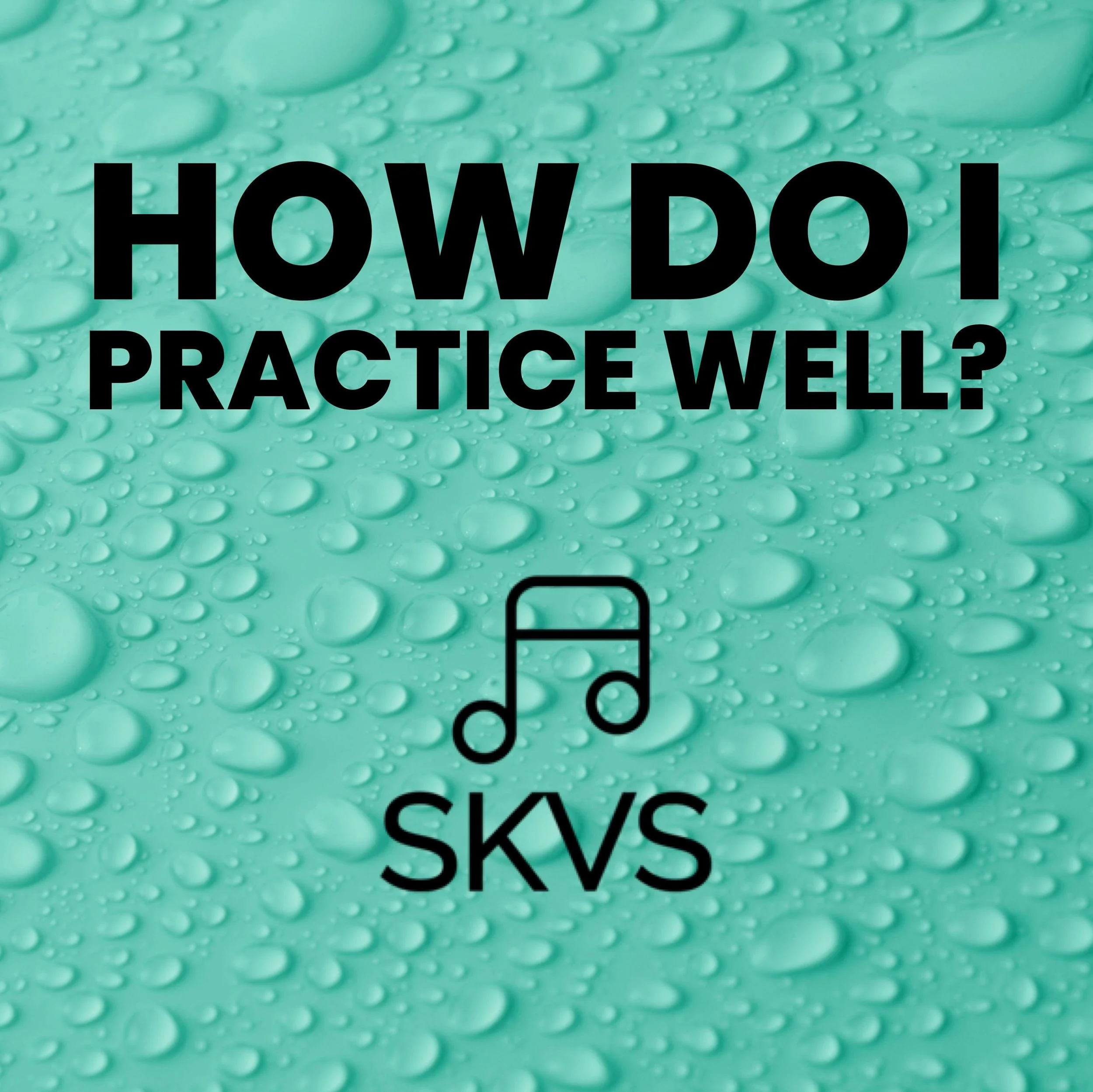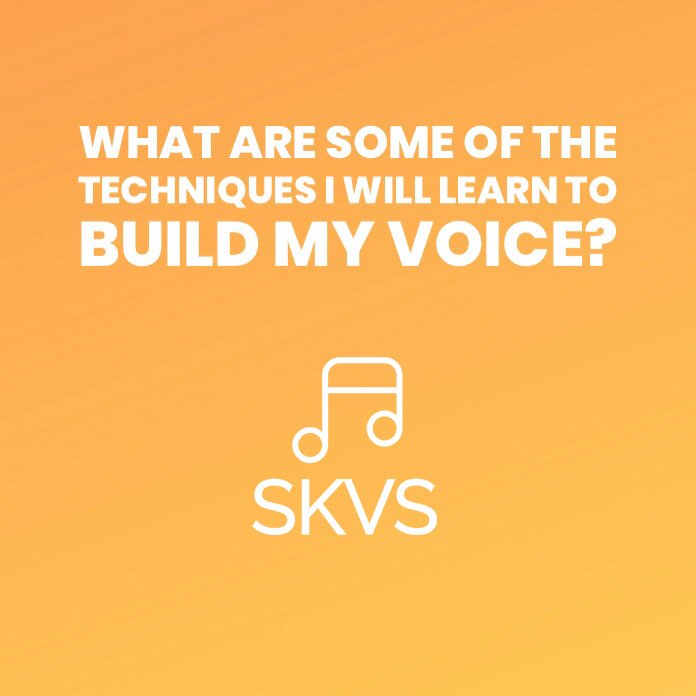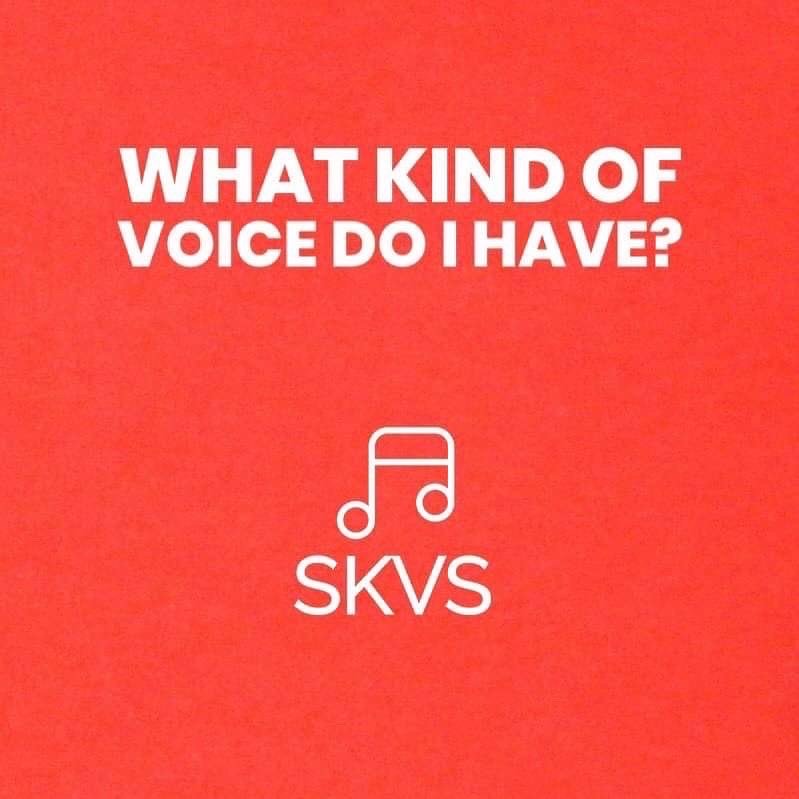frequently asked questions
Q7: How do I practice well?
Practicing is integral to building any skill. Practice doesn’t make perfect. Perfect practice makes perfect! Of course as humans we want to be flawless but to get there we need to be ok with mistakes and gradual improvements and working towards being our very best.
Beginner or seasoned pro, it is very important to listen to the recorded lesson and practice with it. As you gain confidence with the exercises, I give you recordings of the practice patterns specific to you. You can use both the lesson and the patterns and take what you are learning to the songs you are working on, just as we do in your lessons.
If you can’t concentrate, walk away and take a break. If you can’t make something work after trying 3 times, leave it and come back to it later. We are creating a new neural pathway with our brain and instrument so that when we sing we can focus on the song and express the meaning and emotion, confident that our technique will be there.
The art of practicing is to be present and mindful and consistent. When you practice well by yourself, you become aware of little things that make a difference. You start to understand your voice and gain control. That’s when it gets exciting, and things start falling into place.
Q6: True or False: Some people just can’t learn how to sing.
In my opinion everyone can be helped to sing better. Yes, there are a few conditions that prevent some people from singing, but they are very rare.
Everyone’s journey is different!
Some people haven’t learnt how to match pitch yet, and that task can be a difficult journey. Some people catch on quickly. Others have to be committed to doing slow, daily, careful practice which takes a lot of dedication.
I have taught complete beginners who have not sung most of their life, and yet they have learnt to sing and perform faster than I would have expected.
Sometimes people who are self-taught – perhaps with a large contribution from the internet – find themselves having to unlearn bad technique. That can seem like a difficult journey, however with the right guidance it is doable.
Even good natural singers can learn from singing lessons.
When you develop a sense of what does and does not work, and learn about habits that don’t serve you and how to correct them, you are on the way to a deeper understanding.
You know when your technique is improving because your voice is sounding and feeling better. It takes patience and persistence and a willingness to attempt new sounds and be ok with making mistakes. If
you commit to the process, the entire experience of singing will become more joyful than ever before!
Q5: What is mix and why do I need it?
The key to being able to sing in a free and natural manner, is the ability to mix or blend vocal registers. Mix will enable you to sing smoothly from the bottom to the top of your range and will increase your range.
Mix allows you to sing with no breaks or sudden changes in quality. Mix will improve your vocal strength and quality without fatigue or damage to the voice. It will Improve your breath control, and your tonal clarity, your resonance, flexibility, and access to all dynamics.
As singers we want to feel free to express emotions in whatever dynamic we choose. We want power and we want to express raw emotions, and we also want intimacy and subtlety. We want to wail to the mountaintops when we are passionate about something, and want to be able to whisper something gentle and moving. But we want to do it in a safe and reliable, sustainable way.
That’s why mix is like the Holy Grail for singers - except we don’t have to search for buried treasure - just take lessons with a qualified IVA teacher!
Q4: What happens in regular lessons?
In every lesson, you will do warm-up exercises, and then further exercises to help build your voice. It takes time and practice to learn how to do the exercises really well. The most important thing is that your technique continues to grow.
Most students feel the pressure to do everything perfectly, but that is unrealistic. I am always evaluating if it’s better, the same or worse. I won’t let you continue to do something that isn’t working or is harmful. Your task is to take chances and allow yourself to make mistakes and unfinished or silly sounds sometimes. You will learn faster that way.
Once your voice has been warmed up and is functioning better we apply the skills you are developing to a song that is suitable for where your voice is at.
If you are unsure of what to sing I will help you to choose suitable songs that meet your current skills and technical and stylistic goals. I don’t believe there is ever a reason to do a song that you don’t like, because there are many great songs out there. We will work it out together.
After every lesson, your task is to listen to the recording and practice the exercises, and apply these exercises and techniques to the song. You do not need to be perfect, you just need to keep trying! Practice is the key to improving these new skills. Most students understand the lesson better after they have listened to it again.
Q3: what are some of the techniques I will learn to build my voice?
In your first lesson I learn about your singing history and do a quick analysis of your voice. This helps me to understand what is happening functionally in your voice and means that I can target exercises to immediately start addressing your vocal needs.
Does the student have chest voice and head voice? Do chest voice and head voice blend together or is there a problem preventing a smooth connection?
For example, if a student has head voice but has a very light chest voice or no chest voice, then I will teach them techniques to strengthen the chest voice.
If the student has plenty of chest voice, but no head voice I will help them to discover their head voice and teach them techniques to build this part of their voice.
Alternatively, if a student has got chest and head voice but can’t blend them in the middle, I will teach them exercises that will help them to blend or mix the registers.
It’s important to eliminate the possibility of any prior vocal damage that could be causing vocal problems. The overall majority of students don’t have those kinds of issues and fit into one of these tendencies to a greater or lesser degree.
It is much like having a personal trainer for your voice. We will constantly move back-and-forth from technical exercises, to songs that are appropriate for where your voice is at. That way you learn to apply techniques to songs immediately. As the exercises become easier for you, I will work on building them so that your skills continue to grow.
Q2: What style is my voice suited to?
The answer to this question is multifaceted. Whilst it is true, that some voices are well suited to a particular style, there is always the potential for a singer to learn how to sing in different genres.
Many singers have a passion for a genre of music and focus on that style. Personal taste, family and cultural background are often a big influence. Sometimes singers think that a particular style that they find easy to sing, must be what suits their voice.
However, as your vocal technique grows more possibilities open up. You can find yourself capable of singing so much more and it becomes fun and exciting to explore other genres.
I believe that you don’t need to be pinned down to one genre, and that you shouldn’t take on myths. e.g. You may have been told “you should only sing with classical technique”, or “you shouldn’t sing jazz before you’re 25”, or “singing rock will ruin your voice”.
I also have no problem with singers learning how to belt, or use vocal distortion effects like screaming, etc. However
I would certainly not recommend those advanced vocal techniques to singers until they have a well-trained and well-balanced voice, and the patience to learn the technique thoroughly from an expert.
My point is that you shouldn’t try to shove yourself into one box. You never know what you may be capable of once you begin to really hone your technique!
Q1: What kind of voice do I have?
If you have never done any singing training, then it’s hard for you to know what kind of voice you have. Some people say they have a low or a high voice, a loud or a soft voice, a thin or a thick voice. However once you have developed your vocal technique, there are many more possibilities open to you.
Sometimes I can tell how a voice is likely to evolve. However, it is certainly not always obvious.
Everyone’s voice has a range, which is measured from the lowest note to the highest note that they can sing. Singers who haven’t developed their voice, may not know the extent of their range. As you learn and practice more, your range will grow.
I find it very exciting to help students discover their voice. You can become a master of your voice with good training, and can extend your range and your ability to move between different genres and styles.







